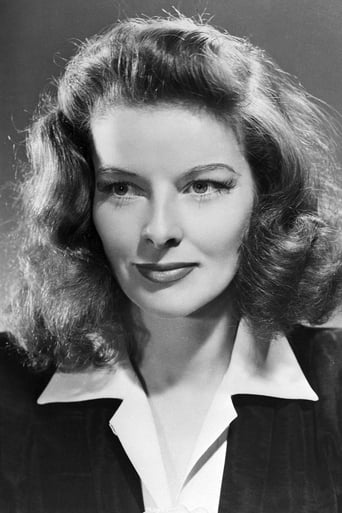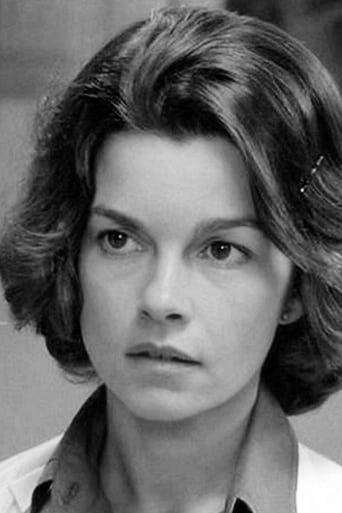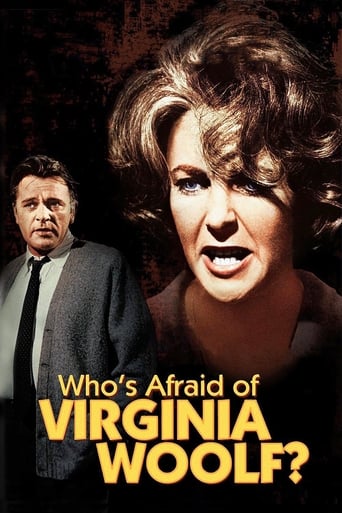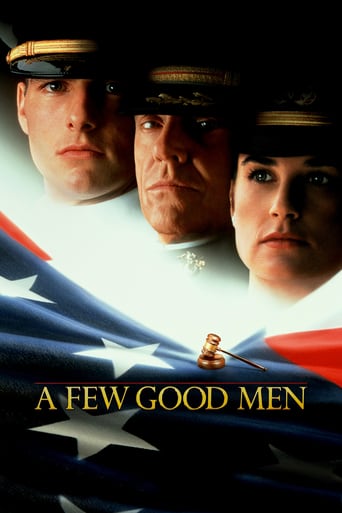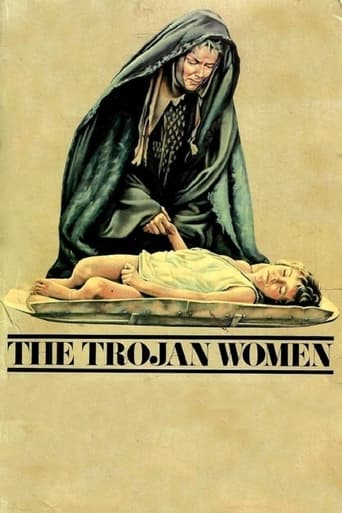
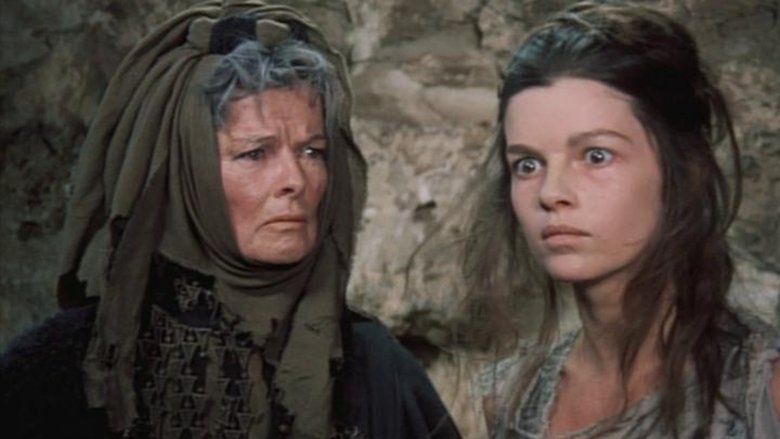
The Trojan Women (1971)
In the aftermath of the Trojan Wars, Queen Hecuba takes stock of the defeated kingdom. Her son has been killed, and his widow, Andromache, is left to raise their son, Astyanax, alone. Hecuba's daughter, Cassandra, fears being enslaved by her Greek masters, while Helen of Troy risks being executed. Astyanax also becomes the focus of the Greeks' attention as the last male heir of the Trojan royal family.
Watch Trailer
Cast
Similar titles
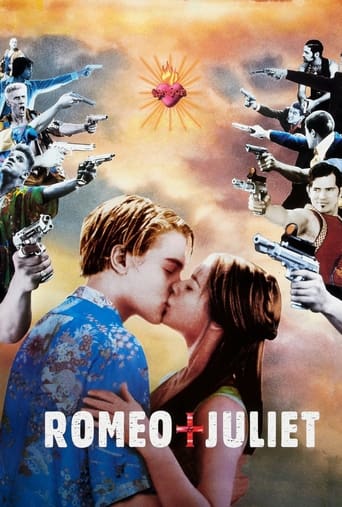
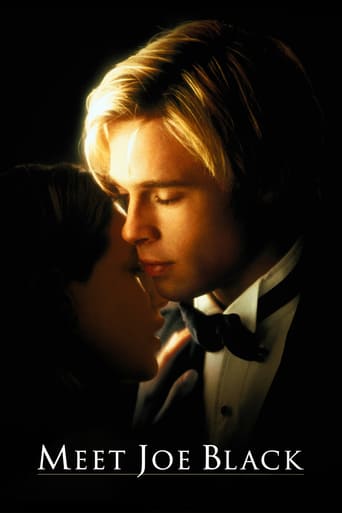
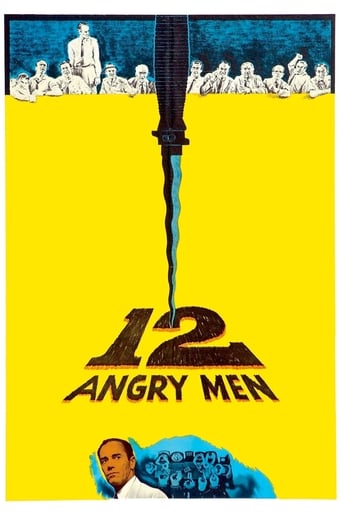
Reviews
Highly Overrated But Still Good
Good movie but grossly overrated
Best movie of this year hands down!
Tells a fascinating and unsettling true story, and does so well, without pretending to have all the answers.
If you have any interest whatsoever in Greek tragedy, this is a film not to miss. It's done in English (an Edith Hamilton translation), beautifully filmed and it has four major actresses in the principal roles: Katherine Hepburn as Hecuba, the widow of Priam, Troy's king, Vanessa Redgrave as Andromache, Hector's widow, Genevieve Bujold as Cassandra and Irene Papas as Helen, whose decision to leave King Menelaus for the visiting Paris precipitates the war. Hepburn has the dominant role and is always in the foreground or the background, but each of the other stars has a moment when she is at the center, and each of them acquits herself in great style. There's also a Greek chorus of women, each striking in appearance. Given the color of their eyes and the differences in their complexions, the members of the chorus are by no means all Greek unless pale skin and blue, green or hazel eyes has become an ethnic characteristic of Greeks when I wasn't looking. Papas, of course, is a classic Greek beauty, and she isn't pale skinned or blue eyed. Hepburn, Redgrave and Bujold don't look very Greek either. But when it comes to the classics, who cares? The dialog is mainly declamatory, as is the case with most Greek tragedies that I've seen, and the action is sparse. But Euripides was a great dramatist and the emotions run both high and deep. Hecuba has lost her husband and all her children except Cassandra who is mad and about to be taken as a slave. Andromache has lost her husband and is about to have her son taken from her and killed before she is forced into slavery. And, the beautiful, seductive Helen, hated by all the Trojan women, is trying to persuade Menelaus that "Aphrodite made me do it"while Hecuba urges him to kill her. Michael Cacoyannis (the way it's spelled on the DVD, though not on IMDb) directs the movie efficiently. Greek drama isn't very fashionable these days but The Trojan Women is a good introduction to a great body of work.
You must understand the form of classical tragedy to appreciate truly this film. Then you will see that Cacoyannis does, his four major actresses do, and the rest of his cast do, right down to the boy who plays Redgrave's son.The four actresses have tragic arias -- there is no better word for it -- that they play magnificently. One always knows what is going on in this film because the text is translated so perfectly; the direction is so clear; and the actors play directly to that text. All are brilliant.Don't look for special effects; there are none. Greek tragedy needed none. There are no chariot chases, no blowing up of the Parthenon as two smart-assed "detectives" grin and compliment each other, no two heroines outwitting all the police in the district and end up driving their chariot into a handy canyon. Sorry, gang, the play's the thing here -- and what a play and how well it is produced and performed.If you love classics -- text, acting, and production, don't miss this one for any reason!
Just a note to echo another's comments about the fine performance of that excellent, if underrated, character actor Brian Blessed. His performance of the messenger Tathybius is sensitive and powerful. From significant featured roles, such as the emperor Augustus in the TV series, "I, Claudius," to minor but essential roles such as Kenneth Branagh's invaluable sidekick in "Henry V," Blessed has been a tower of strength in setting after setting.
All four female leads stand out in this superb adaptation of the classic Greek tragedy. The production design is a bit stagy, but it doesn't hurt the production. Hepburn and Pappas are especially standout.
